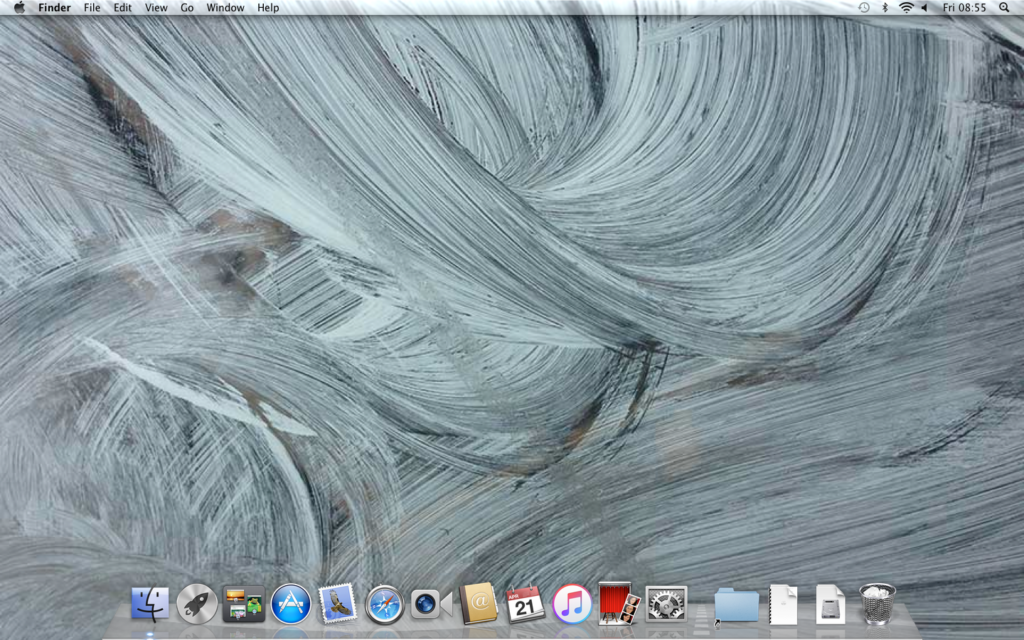You’re never too old to learn something, fine, but apparently it’s also never too early in the morning, either. For it’s not 08:00 yet as I write this to you and already I’ve learned something vital today. I’ve learned that the bins aren’t collected as early as they used to be.
If you heard the words “oh, no” at 07:08 today, it was me. Reaching for the kettle, thinking about you, freezing with a hand on a teabag when I remembered the bins need to be out by 06:00.
Fastest bin-putting-out-ing I’ve ever done. And now, with that kettle boiled and you right here, there’s no sign of the bins being collected yet. I know what you’re thinking but I checked: the neighbours’ bins are out and haven’t been collected, it’s not that I missed it.
It’s that I forgot because I was away. Sitting right here on my couch, barely even wearing pyjamas, and with nothing but a pint of water next to me, still I was away. Can’t tell you where yet, but wherever it was, I was there in a script. Today marks 71 days since my BBC Radio 4 play was destroyed – I’m learning French on Duolingo and every single sodding fucking day it tells me how long it’s been since the play died on my 1,000th day of Francaise. Anyway, after 71 one days, you can tell I’m quite clearly over this career low, but I can tell you that sometimes I’m doing better than it seems.
Such as for an hour sometime between 05:00 and about 07:00 weekday mornings. I’ve only been doing this for a week or two now, but I’m writing a script that steals the essence of the failed radio play. It steals the essence, I think it may even improve on it, but what I’m certain of is that it can’t be stopped the way the play was. No one’s waiting for this script and the odds of any one project getting made aren’t gigantic, but Alan Plater had this nice line in “Misterioso” about keyboards as weapons. A piano player is in a kind of musical fight with a trumpeter, and points out later that he won because he can play ten notes at a time. “Kept eight for myself and used to two to insult him. You only need two fingers to insult anyone.”
My keyboard is QWERTY and I don’t want to make it sound like I’m picking a fight over the consonants – I’m not a vowel-ent man – but I’d be okay if my punctuation were interpreted as revenge. I’m quite disciplined about the regime of clearing time before the rest of the day’s writing work, it’s just a bonus that I’m exorcising some radio demons as I go.
More importantly, for my politeness and mental well-being, I’m now 41 pages into a TV script that cannot be blocked by legal issues, cannot be stopped by anyone. As I say, no one’s waiting for it either, so don’t let me get carried away, this might be rubbish and it may never be shot at all. But right now, for these weeks, that doesn’t matter, if it ever matters at all, because this is mine.
It’s got so that every night for a week now, I’ve actually been looking forward to the morning and to climbing back into the world within this script. I try to write for just one hour, and that hour can be anywhere between 05:00 and 07:00 depending on when I can make myself get up, but today it was all the way between 05:00 and 07:00, it was the full two hours, because I wasn’t here, wasn’t on this couch, I was away in where the script is set.
People who want to be writers because they want to go to the Oscars and be as rich as JK Rowling, well, they haven’t paid attention to how writers are treated or how we fare, but they are also missing out on why writing is the best job ever created and then some.
I wish this happened more often, it’s actually quite rare for me, but these moments like today, when you’re in your own script so deeply that you forget the bins, there’s nothing like it. The closest, perhaps, is when you’re reading a superb novel and its world is enveloping you, except you are creating that world, you are pushing it along. It feels like you’re inside a small and delicate bubble and if you press on the sides just right, you expand it out to where it needs to be.
Where it needs to be is about 80 pages and right now I’m on page 41. I do not know what can possibly go on page 42, I do not have the smallest pixel of an idea what will go on there. I want to find out, and I will early tomorrow morning, but then I also don’t want to reach the end. I want to stay in this script.
I want to stay in it today, too, but I know that however good or bad my script is, it’s better if I limit it. Write until you drop and, well, you’ve dropped. Write until you have to put the bins out, and then you leave it in a good place, you’re in a good position to pick it up fresh tomorrow.
It’s not rare that I get absorbed in the writing, but it is rare that lose myself in a piece this much. So maybe the lesson I’ve learned today is that writing, whether I’m actually doing it well or not, is everything I want.
Alternatively, it could be that I’ve learned the bin collection schedule has changed and I could stay in bed longer.
